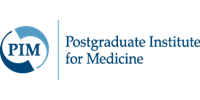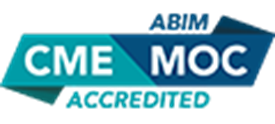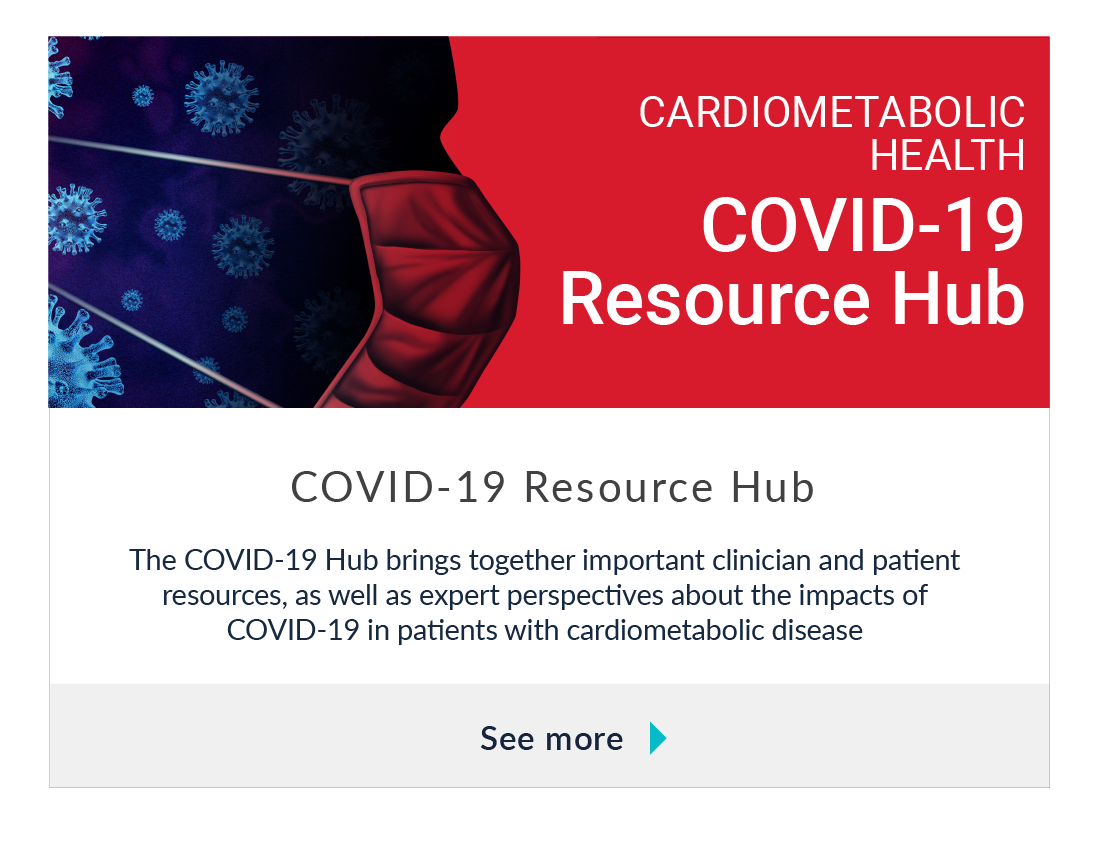Virtual Symposium: Addressing The Disproportionate Burden & Disparities with COVID-19
By now, it is established that the burden of cardiometabolic risk, including CVD, diabetes, atherosclerosis, hypertension, obesity, and more, are higher in certain racial and ethnic minorities, including African Americans, Latinos, and Native Americans. As such, it is by no means a coincidence that the burden of COVID-19 morbidity and mortality is disproportionate towards these communities, stemming not only from a higher prevalence of these comorbidities, but also from socioeconomic factors. Additionally, vaccine hesitancy, including towards the COVID-19 vaccines, is highly prevalent in these populations, which can significantly increase COVID-19 morbidity and mortality given the increased risk for infection and severe outcomes, and remains an important issue that needs to be addressed.
Given these developments, it is important that clinicians are not only aware of these impacts and disparities, but they need help and expert perspectives about immediate and long-term solutions to improve patient care. This will be the focus of a special keynote address which will be followed by a panel discussion with several key stakeholders and experts.
This activity is part of the COVID-19 Resource Hub.
Target Audience
This activity is designed for US-based healthcare professionals, including primary care clinicians (PCPs), nurse practitioners (NPs), physician assistants (PAs), endocrinologists, diabetologists, pharmacists, cardiologists, lipidologists, dieticians, registered nurses, and other allied health professionals.
Learning Objectives
After completing this activity, the participant should be better able to:
- Discuss the disproportionate burden of COVID-19 in racial and ethnic minorities.
- Identify clinical, behavioral, and cultural factors that contribute to the increased COVID-19 burden in racial and ethnic minorities.
- List strategies to decrease the burden of COVID-19, including improving cardiometabolic risk parameters, as well as COVID-19 preventive measures, in individuals from racial and ethnic minorities.
- Recognize common and new misconceptions about COVID-19 vaccines in individuals from racial and ethnic minorities, as well as identify practical steps to improve immunization uptake and access.

Keith C. Ferdinand, MD, FACC, FAHA, FASPC, FNLA (Chair)
Gerald S. Berenson Endowed Chair in Preventive Cardiology
Professor of Medicine
John W. Deming Department of Medicine
Tulane University School of Medicine
New Orleans, LA
Dr. Ferdinand discloses the following:
- Consulting Fees: Amgen, Janssen, Medtronic, Novartis

Kevin M. Alexander, MD, FACC
Assistant Professor of Medicine
Stanford University
Stanford, CA
Dr. Alexander discloses the following:
- Consulting Fees: Alnylam, Eidos, Pfizer

Yvonne Commodore-Mensah, PhD, MHS, RN, FAHA, FPCNA, FAAN
Assistant Professor, Johns Hopkins School of Nursing
Johns Hopkins University
Baltimore, MD
Dr. Commodore-Mensah has nothing to disclose.

Takeisha C. Davis, MD, MPH
President & Chief Executive Officer
New Orleans East Hospital
New Orleans, LA
Dr. Davis has nothing to disclose.

Alanna A. Morris, MD, MSc
Assistant Professor of Medicine
Emory University School of Medicine
Atlanta, GA
Dr. Morris discloses the following:
- Contracted Research: NHLBI, AHRQ, Woodruff Foundation, Association of Black Cardiologists
- Ownership Interest less than 5%: Gilead Sciences, Inc.

Pam Taub, MD, FACC
Associate Professor of Medicine
Director of Step Family Foundation Cardiovascular Rehabilitation and Wellness Center
UC San Diego Health System
Division of Cardiovascular Medicine
La Jolla, CA
Dr. Taub discloses the following:
- Salary: UC San Diego
- Consulting Fees: Amgen, Sanofi/Regeneron, Novo-nordisk, Esperion Therapeutics, Boehringer-Ingelheim
- Contracted Research: Grant: Federal Emergency Management Agency, National Institutes of Health, American Heart Association
- Research Support: Applied Therapeutics
- Ownership Interest less than 5% (stocks, stock options, or other ownership interest excluding diversified mutual funds): Epirium Bio: Stock/Shareholder
ESTIMATED TIME TO COMPLETE ACTIVITY
1.5 hours
EDUCATIONAL GRANT SUPPORT
This activity is supported by an educational grant from Merck Sharp & Dohme Corp.
JOINT ACCREDITATION STATEMENT


In support of improving patient care, this activity has been planned and implemented by the Postgraduate Institute for Medicine and Tarsus Cardio Inc. dba Cardiometabolic Health Congress (CMHC). Postgraduate Institute for Medicine is jointly accredited by the Accreditation Council for Continuing Medical Education (ACCME), the Accreditation Council for Pharmacy Education (ACPE), and the American Nurses Credentialing Center (ANCC), to provide continuing education for the healthcare team.
PHYSICIAN CONTINUING MEDICAL EDUCATION
The Postgraduate Institute for Medicine designates this enduring material for a maximum of 1.5 AMA PRA Category 1 Credits™. Physicians should claim only the credit commensurate with the extent of their participation in the activity.
CONTINUING NURSING EDUCATION
The maximum number of hours awarded for this Continuing Nursing Education activity is 1.5 contact hours.
CONTINUING PHARMACY EDUCATION
Postgraduate Institute for Medicine designates this continuing education activity for 1.5 contact hour(s) (.15 CEUs) of the Accreditation Council for Pharmacy Education.
This is a knowledge-based activity. Universal Activity Numbers (UAN): JA4008162-9999-21-
For Pharmacists: Upon completing the post-test and the activity evaluation form, transcript information will be sent to the NABP CPE Monitor Service within 4 – 6 weeks.
CONTINUING DIETICIAN EDUCATION
This program offers 1.5 CPEUs for dieticians.
ABIM MOC CERTIFICATION
Successful completion of this CME activity, which includes participation in the evaluation component, enables the participant to earn up to 1.5 MOC points in the American Board of Internal Medicine's (ABIM) maintenance of certification (MOC) program. Participants will earn MOC points equivalent to the amount of CME credits claimed for the activity. It is the CME activity provider's responsibility to submit participant completion information to ACCME for the purpose of granting ABIM MOC credit.
DISCLOSURE OF CONFLICTS OF INTEREST
Postgraduate Institute for Medicine (PIM) requires faculty, planners, and others in control of educational content to disclose all their financial relationships with ineligible companies. All identified conflicts of interest (COI) are thoroughly vetted and mitigated according to PIM policy. PIM is committed to providing its learners with high quality accredited continuing education activities and related materials that promote improvements or quality in healthcare and not a specific proprietary business interest of an ineligible company.
The PIM planners and others have nothing to disclose. The CMHC planners and others have nothing to disclose.
DISCLOSURE OF UNLABELED USE
This educational activity may contain discussion of published and/or investigational uses of agents that are not indicated by the FDA. The planners of this activity do not recommend the use of any agent outside of the labeled indications. The opinions expressed in the educational activity are those of the faculty and do not necessarily represent the views of the planners. Please refer to the official prescribing information for each product for discussion of approved indications, contraindications, and warnings.
DISCLAIMER
Participants have an implied responsibility to use the newly acquired information to enhance patient outcomes and their own professional development. The information presented in this activity is not meant to serve as a guideline for patient management. Any procedures, medications, or other courses of diagnosis or treatment discussed or suggested in this activity should not be used by clinicians without evaluation of their patient's conditions and possible contraindications and/or dangers in use, review of any applicable manufacturer's product information, and comparison with recommendations of other authorities.
METHOD OF PARTICIPATION & REQUEST FOR CREDIT
During the period August 31, 2021 through August 31, 2022, participants must read the learning objectives and faculty disclosures, study the educational activity, obtain a score of 75% or better on the post-test, and complete the evaluation. Upon completing, your certificate will be available for print. For questions about receiving certificates, please contact us at CMHC_Eval@cardiometabolichealth.org.
For questions about the accreditation of this activity, please visit www.pimed.com.
For Pharmacists: Please complete the evaluation instructions above. Upon registering and completing the activity evaluation, your transcript information will be sent to the NABP CPE Monitor Service within 4-6 weeks.
Available Credit
- 1.50 ACPE Pharmacy
- 1.50 AMA PRA Category 1 Credit™
- 1.50 ANCC
- 1.50 CDE
- 1.50 Participation
Required Hardware/software
A computer with an internet connection
Internet Browser: Internet Explorer 7.x or higher, Firefox 4.x or higher, Safari 2.x or higher, or any other W3C standards compliant browser
Other additional software may be required such as PowerPoint or Adobe Acrobat Reader.

 Facebook
Facebook Twitter
Twitter LinkedIn
LinkedIn Forward
Forward